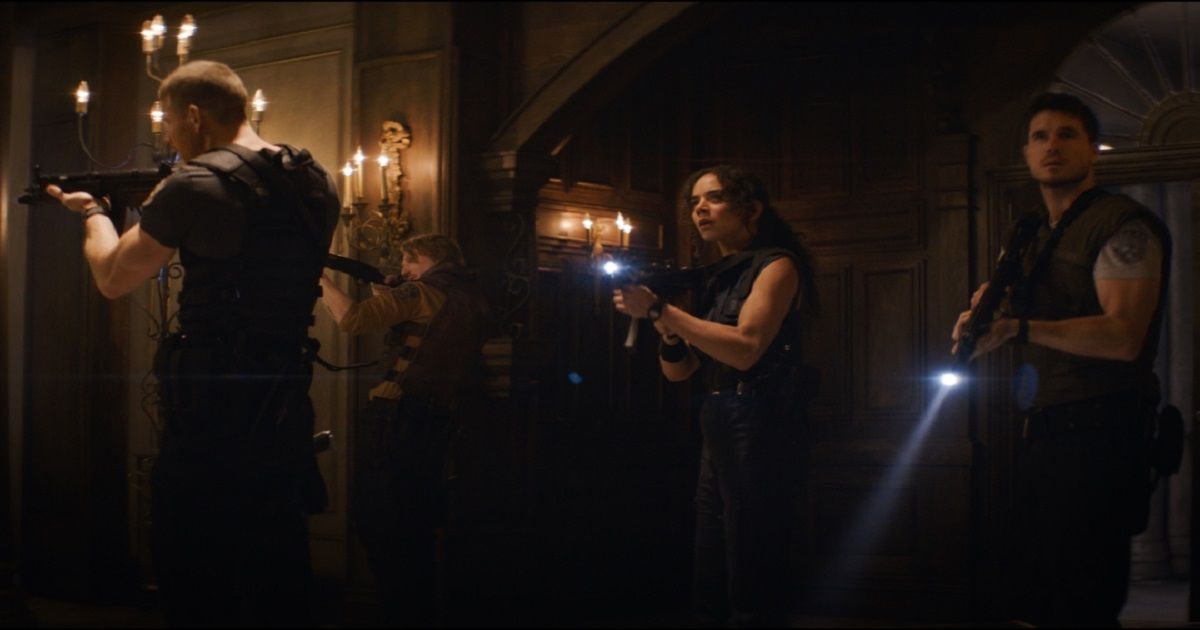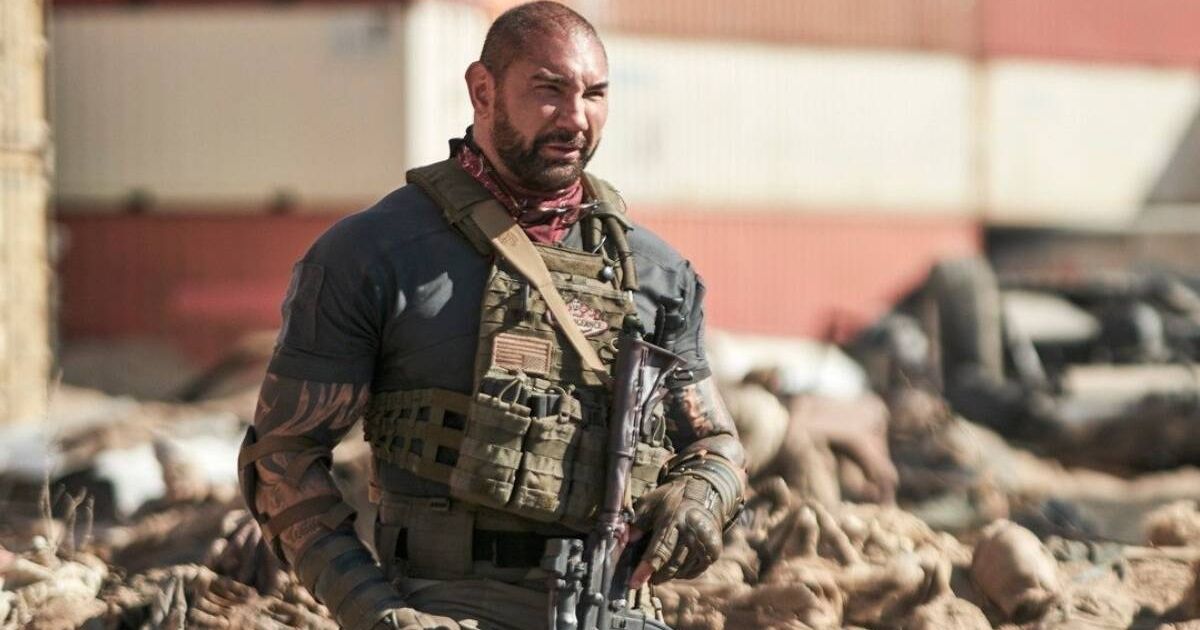Zombies ruled the Earth in the 2000s. Whether slow or speedy, it seemed that a big new zombie film or TV show cropped up every single year throughout the beginning of the new millennium. However, it had been a long time coming.
Considered the first of its kind, 1932s White Zombie arguably brought the international concept of zombies to western media. Shot on the same Universal studio lot of Dracula and Frankenstein before it and starring The Count himself, Bela Legosi, White Zombie would take inspiration from the zombie's original folkloric roots and had them as corpses revived via nefarious voodoo means. While the zombies themselves acted as background scenery to Legosi's eyebrows, most of the tropes that we recognize today in film were used right from the off here.
1943s I Walked With A Zombie would do more of the same, but with a bigger emphasis on its plantation setting, Black slavery, and voodoo origins, it has aged ironically worse than the earlier White Zombie.
King of the Dead
By 1968, George A. Romero would capitalize on the idea of walking corpses with his "Living Dead" series. Holed up in a farmhouse with unknown "ghouls" outside and threatening to break in, Romero's Night of the Living Dead would be the seminal film to birth the sub-genre that has overrun our television sets today. Romero's zombie movies, while all so wonderfully different, is on the whole a bleak look in at humanity. Despite this, the films are colorful and funny, with some really nasty physical effects that jump from no-nonsense black and white through to the grainy red guts and blood of the 80s.
Conversely to their origins, Romero's Night of the Living Dead would cast Black actor Duane Jones as its lead man. During the American civil rights movement, a Black man fronting an entire film as its steady hero was a brave and thoughtful move at the time that definitely changed the game going forward, and made the film's final reel entirely unforgettable. Romero would continue in the genre he helped create up until his passing in 2017.
The Dead Will Walk The Earth
With dirt and blood under their fingernails, imitators emerged from the soil. Infamous Italian horror schlockmeister Lucio Fulci added to the gore with very little in the way of plot in his Zombie (AKA Zombi 2 AKA Zombie Flesh Eaters) and City of the Living Dead. Both rip-offs of Romero, the former features one of the most gruesome eyeball kills in horror and even somehow includes a zombie fight a shark that would blow Adam West away.
With Italian horror setting the groundwork, European cinema has had a lot of fun with zombies since the turn of the century. The Spanish [REC] series provided intense scares and one of the strongest examples for the case of the found-footage horror. [REC 2] improved on those ideas, continuing immediately where the original finished, and the US would remake the film in 2008 with the very basic Quarantine, which removed the subtitles but added next to nothing.
Elsewhere across the continent, and following the success of Nazi zombies in the Call of Duty game, World at War, the Norwegians would give us uniformed undead in the magnificent low budget Dead Snow and its Nazi zombie sequel Dead Snow: Red vs. Dead. German comedian Henning Wehn would point out, "If something has risen from the grave and is trying to eat my brain, I don't really care about their ideology!"
The Z Word
The UK has always been fond of a good zombie flick. Hammer Horror, the great institution of spooks, would inevitably dip their toe in the blood when they made their own Plague of the Zombies in '66. And rightly so; with its practicality and minimal budget required, zombies thrived for a long time in a frugal British film industry always craving movies that can be delivered cheaply to the screen.
Putting Danny Boyle and Cillian Murphy (Peaky Blinders) on the map, the great 28 Days Later broke all the rules and let their "infected" sprint in a derelict capital. Released within just a year and a half of one another, Shaun of the Dead arrived in 2004 and created a one-two punch effect that made every zombie film that followed feel like a variation on a theme.
Arguably the best zombie movie outside of Romero's films is 2004s Shaun of the Dead. A spoof of that source material that stands up so strong and so funny on its own accord that it contains no resemblance to the traditional meaning of "spoof" in cinema.
Black Mirror's Charlie Brooker mocked celebrity and Channel 4's Big Brother with his excellent Dead Set in 2008, and later lower-budget bad-taste treats like the Danny Dyer/Stephen Graham-starring Doghouse and the desperate foxhole survival of Outpost seeing out the first decade of the 2000s trend from the UK. Here, we can already see the gradual move of zombie greatness moving away from America.
The Boring Dead
As we transitioned into the 2010s, zombies still ruled the Earth but were beginning to die out. The Walking Dead, a slow-burn TV series with a feature film budget, aired on AMC. Focusing on a band of plucky survivors led by a former sheriff, this was America in ruin, and it was lapped up as the next must-watch TV show.
By its third season (airing from 2012-2013), The Walking Dead was being accused of simply repeating itself. By its fifth, the show had no excuse. Fast-forward to today, and The Walking Dead is inexplicably still on, and will conclude its 12th season this year for the seven or so people at home still watching.
American Zombies: All Filler, No Thriller
Whereas the UK and Europeans have experimented with and deconstructed the zombie trend, America has continued lumbering forward with inputs that just haven't said anything new. The Walking Dead has made zombies a tired joke by now. Having run (walked, sorry) for ten series too many and failed to tackle any new ground in Fear the Walking Dead.
Resident Evil, a game series that is known for reinventing itself again and again for the better, seems doomed to the screen with its consistently different but always crappy outings. Most recently, Netflix's Resident Evil series dropped, which has been mocked incessantly online. Man of Steel's Zack Snyder would return to his zombie roots with Army of the Dead, a totally bland and violent slog focusing on blood and guts over people, that was made even more of a joke off-screen by Snyder diehards who inundated the Oscars with Twitter votes to crown it "Fan Favorite" in 2022. There's also a disturbing trend towards militarism and nationalism in these films.
With Romero now passed, the king is long gone, and American soil has not been tended to enough for great zombies to emerge from it in his place. Audiences have started to look elsewhere for their horror, filling the hole that Romero's Dead series previously held.
Last Stop on the Zombie Train
In more recent years, Asian cinema has made strong and intriguing variations on the zombie horror trope, especially with additions like the Train to Busan series and One Cut of the Dead (South Korean and Japanese, respectively). Taut and emotionally focused on their characters and individual journeys, these movies would bring their own distinctive colloquial sense of humors to their pictures in amongst the obligatory bloodshed of the subject, and set them apart from what had come before. Asian television has even tackled the zombie genre is superior ways, with thrilling shows like Kingdom and All of Us Are Dead excelling where American zombie media has often failed.
Horror as a whole has evolved from the zombie, too, and American audiences are more interested in different subjects and elevated horror films, now with an emphasis on the mental condition over the (gore of the) physical body. Jordan Peele's works in the genre, for example have presented both everyday and exhausting racism, a far more pressing cultural matter right now and in front of us. Robert Eggers has explored history and madness, and Ti West dissects horror theory in X and other films.
With its own American roots, zombie cinema has drifted out of the collective consciousness of the US moviegoer. And that comes down to the simple fact that 2000s capitalized on a trend (and our own fears of over-population/starvation and violence against our fellow man), and America had a very different approach than the rest of the world. The United Kingdom, Europe, and Asia used their own cultural takes on the theme, whereas the US outings kept going the same route and have now either: continued for too long in the same way that no one cares anymore, or have just been too critically lackluster at the cinema to make any real impression (see: World War Z, Zombieland 2).
Like the zombie itself, after the boom of the 2000s, the American market became shambling and oversaturated and gave way to eating itself. Now, we look for zombies overseas.

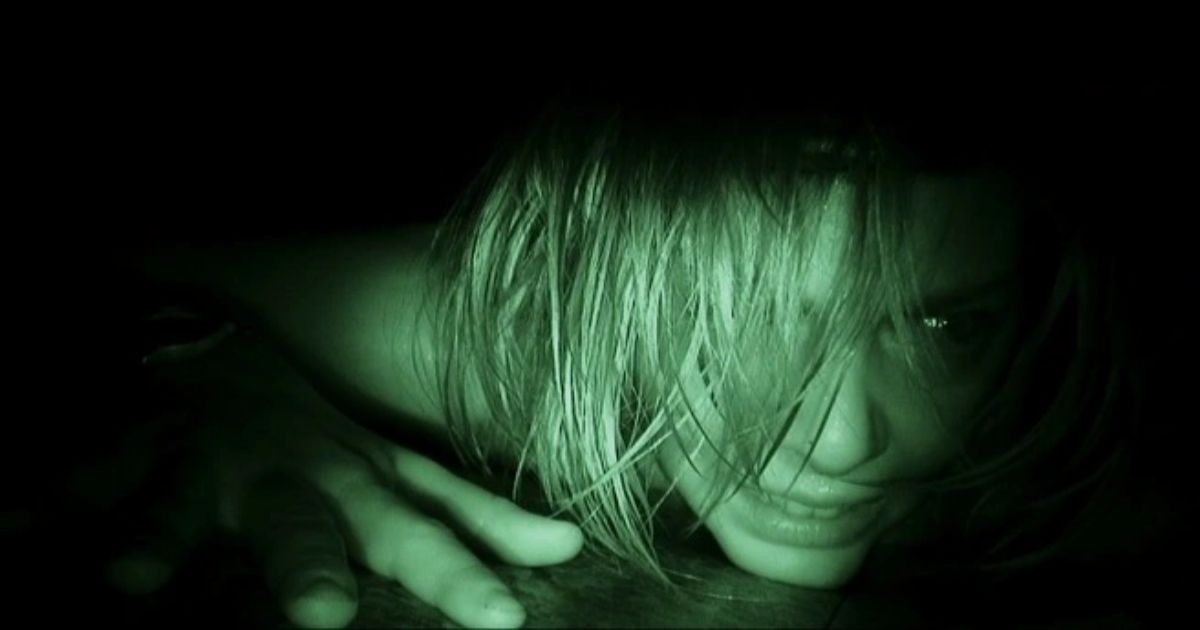
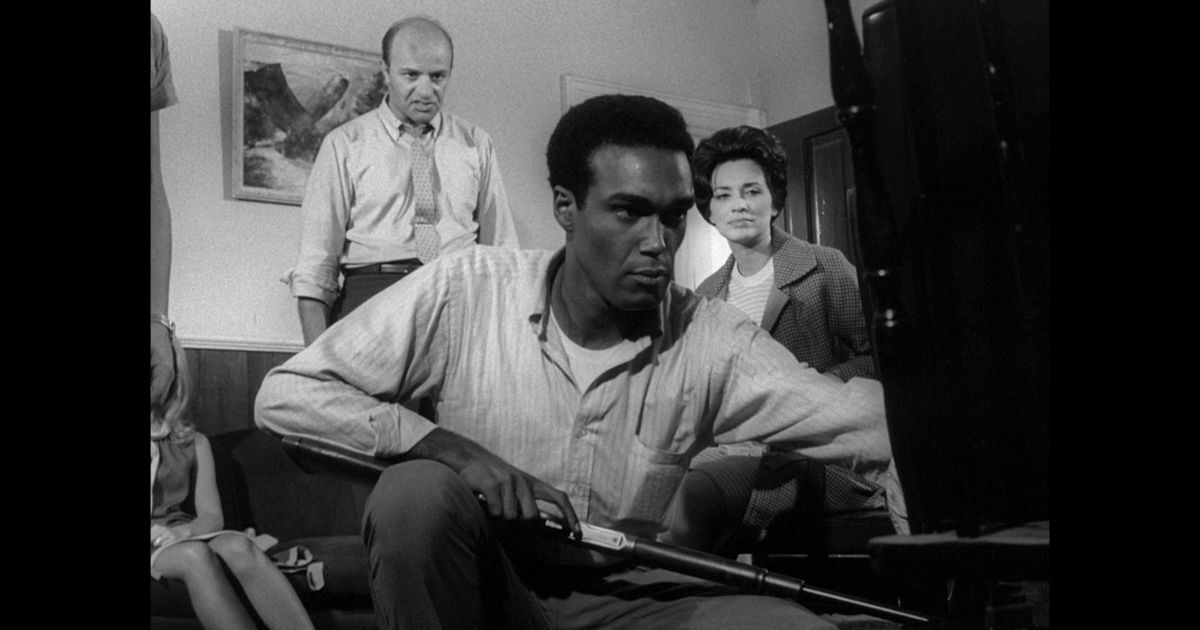
![Main character from [Rec] crying](https://static1.moviewebimages.com/wordpress/wp-content/uploads/2022/08/Rec.jpg)
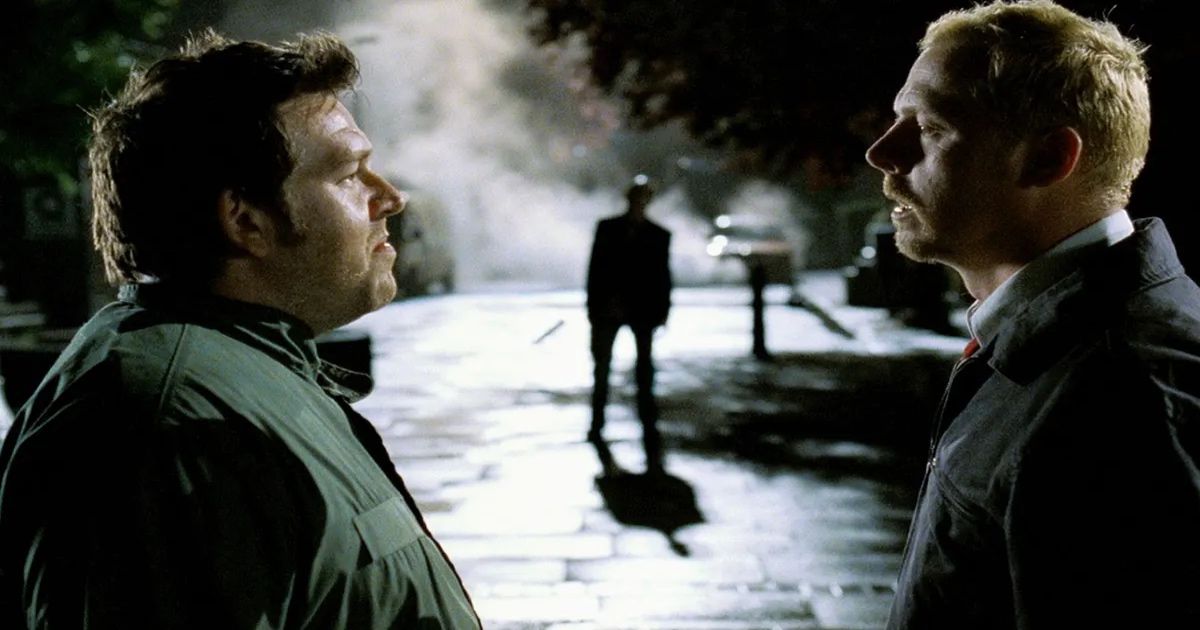
.jpg)
